|
Getting your Trinity Audio player ready...
|
The West African Examinations Council (WAEC) has released the 2025 WASSCE results for school candidates, revealing a sharp decline in performance. Only 38.32% of the nearly two million candidates who sat for the exam achieved credit and above in at least five subjects, including English Language and Mathematics, a significant drop from 72.12% in 2024.
Performance Falls Short of Expectations
At a press conference held on Monday in Lagos, the Head of WAEC’s Nigeria National Office, Amos Dangut, shared the sobering statistics. Out of 1,969,313 candidates who sat for the examination across 23,554 recognised secondary schools in Nigeria, only 754,545 managed to meet the crucial benchmark of earning credit in five core subjects, including English and Mathematics.
“This year’s results reflect a 33.8% decline compared to last year. It’s a matter of concern for educators, parents, and stakeholders,” Dangut said.
The gender distribution of successful candidates showed that 407,353 (53.99%) were female, while 347,192 (46.01%) were male.
High Participation, Yet Low Outcomes
The total number of candidates who participated included 12,178 students with special needs, such as visual and hearing impairments, who were provided with appropriate accommodations. The gender split remained relatively balanced, with 976,787 males (49.60%) and 992,526 females (50.40%).

While 87.24% of candidates earned credit and above in any five subjects, regardless of English and Mathematics, the key metric of performance including these two core subjects painted a less encouraging picture.
Possible Causes Behind the Decline
According to Dangut, multiple factors may have contributed to the poor showing. He pointed to the continued use of a serialisation strategy, which assigns varied versions of objective test questions to deter cheating. While effective in reducing malpractice, this method may have posed new challenges for students.
“Performance in essay papers was stable compared to previous years, but we observed a slight drop in the objective components,” Dangut noted.
Examination Conduct and Integrity Measures
Despite logistical difficulties and minor delays in some locations, the overall administration of the examination was deemed successful. Dangut credited the federal and state ministries of education, security agencies, and stakeholders for their coordinated efforts.
WAEC also reported a drop in examination malpractice cases. Results for 192,089 candidates, representing 9.75% of the total, are being withheld pending investigation, an improvement from 11.92% in 2024. However, the Council remains concerned about continued use of mobile phones and signs of organised cheating in some centers.
Processing and Access to Results
Of the total candidates, 1,517,517 (77.06%) had their results fully processed and released, while 451,796 (22.94%) are still awaiting the resolution of certain issues before final processing.
Candidates can access their results online at waecdirect using the Smart Identity Cards issued during the exams.

WAEC also reminded students of the option to obtain digital certificates, which are available within 48 hours of result release, a move aimed at easing credential verification for academic and career purposes.
A Digital Future for WAEC
In a significant development, WAEC reaffirmed its commitment to fully roll out computer-based WASSCE for school candidates by 2026. The transition began with private candidates in 2025 and is seen as a critical step toward modernising the examination process and aligning it with global standards.
WAEC also made a public appeal to state governments with outstanding debts to settle their obligations. Failure to do so could prevent thousands of candidates from accessing their results.
A Wake-Up Call for Nigeria’s Education Sector
The 2025 WASSCE results have cast a spotlight on urgent issues within Nigeria’s education system. With fewer than four in ten students meeting the minimum academic requirement for higher education or employment, stakeholders are being urged to re-evaluate the country’s teaching standards, learning environments, and exam preparedness strategies.
“The numbers may be discouraging, but they present an opportunity for reflection and reform,” Dangut concluded. “We must work together, teachers, parents, institutions, and policymakers to rebuild confidence in our education system and better support our students.”



